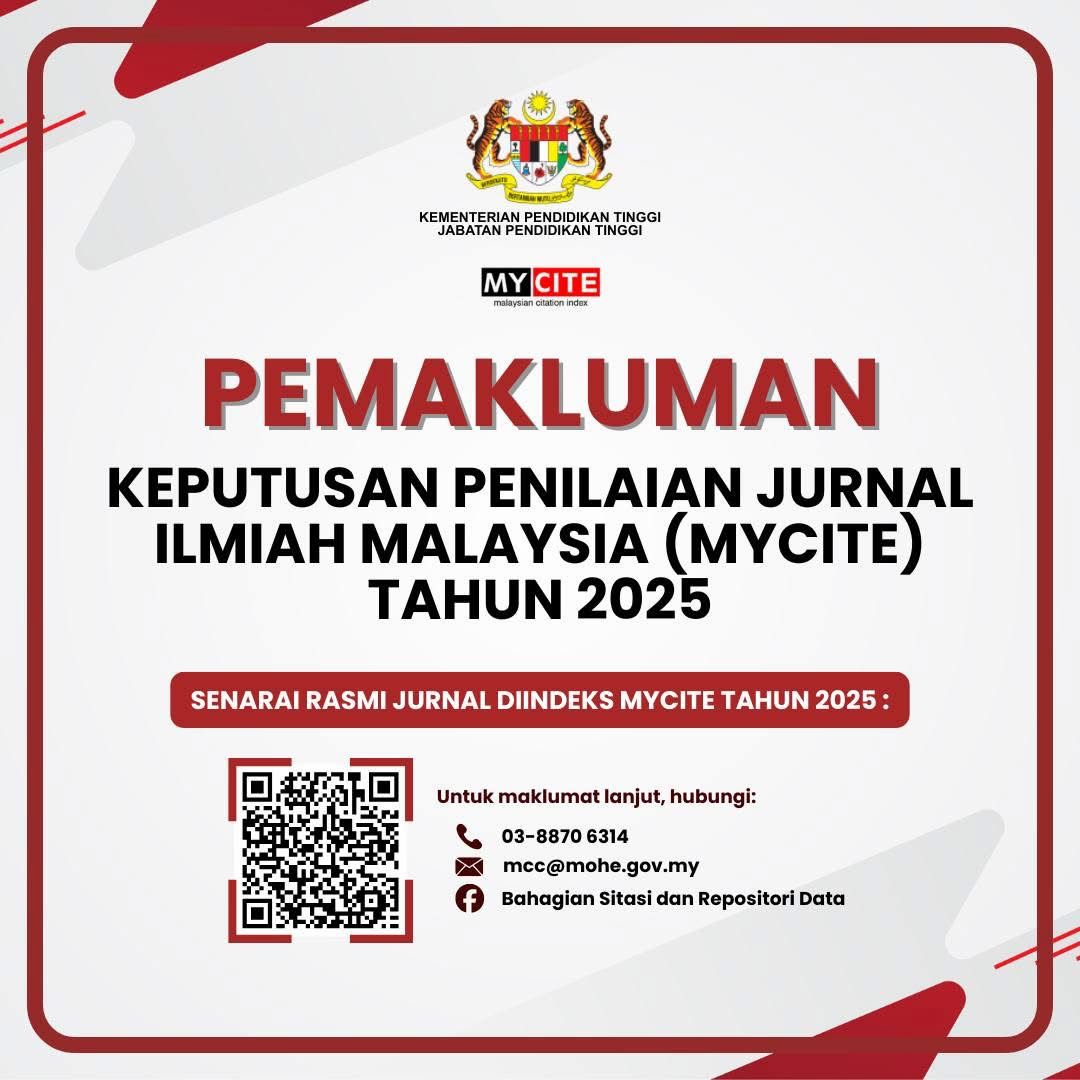How AI-Generated Images Impact Consumer Perceptions and Brand Identity
DOI:
https://doi.org/10.24191/idealogy.v10i1.780Keywords:
AI-generated, TAM, TPB, Consumer behavior, BrandAbstract
This conceptual paper explores the impact of AI-generated images on consumer perceptions and brand identity within the advertising sector. Leveraging a comprehensive review of recent literature and theoretical frameworks, the study synthesizes insights on the advantages and challenges associated with AI-generated visuals. Findings indicate that while AI-generated images offer significant opportunities for personalization and creativity, they also present challenges related to authenticity, emotional engagement, and brand consistency. Specifically, AI-generated imagery can enhance visual appeal but may undermine perceived authenticity, affecting consumer trust. Emotional engagement with AI-generated content varies, with some consumers experiencing a disconnect due to the artificial nature of the visuals. Additionally, maintaining brand identity is critical, as AI-generated images can either support or disrupt brand coherence depending on their alignment with established brand values. The paper applies theories such as the Technology Acceptance Model (TAM) and the Theory of Planned Behavior (TPB) to understand consumer attitudes towards AI technology. The discussion provides recommendations for advertisers to balance innovation with authenticity, enhance emotional resonance, and ensure consistency in brand messaging. Future research is suggested to empirically validate these conceptual insights and further explore the impact of AI-generated imagery on consumer behavior and brand performance.
References
Advertising: Advancements, Challenges, and Ethical Considerations in Targeting, Personalization, Content Creation, and Ad Optimization. SAGE Open, 1-20. https://doi.org/10.1177/21582440231210759
Dagyeom Lee, Ji-Yeon Hwang, Youngjun Lee, and Seong-Won Kim (2022). Informatics and
Artificial Intelligence (AI) Education in Korea: Situation Analysis Using the Darmstadt Model. International Journal of Informatics Visualization, 6(2), 427-444. https: www.joiv.org/index.php/joiv
Jesse, T., Niina, S., Lauri, H., Vilma, L., and Terhi-Anna, W. (2025). Young consumers’
brand distrust model: Understanding the antecedents of young consumers’ distrust of brands. Journal of Business Research, 190. https://doi.org/10.1016/j.jbusres.2025.115250
Jiao J and Cao X (2024) Research on designers’ behavioral intention toward Artificial
Intelligence-Aided Design: integrating the Theory of Planned Behavior and the Technology Acceptance Model. Front. Psychol. 15:1450717. doi: 10.3389/fpsyg.2024.1450717
Karras, T., Singh, M., Karkazis, E., Liu, D., Nimeri, G., & Ahuja, B. (2021). Efficacy of
Invisalign attachments: A retrospective study. American journal of orthodontics and dentofacial orthopedics: official publication of the American Association of Orthodontists, its constituent societies, and the American Board of Orthodontics, 160(2), 250–258. https://doi.org/10.1016/j.ajodo.2020.04.028
Kim, J., Leung, X. Y., & McKneely, B. (2023). The effects of Instagram social capital, brand
identification and brand trust on purchase intention for small fashion brands: the generational differences. Journal of Fashion Marketing and Management: An International Journal, 27(6), 988-1008.
Mustofa, R. H., Kuncoro T. G., Atmono, D., Hermawan, H. D., and Sukirman (2025).
Extending the technology acceptance model: The role of subjective norms, ethics, and trust in AI tool adoption among students, Computers and Education: Artificial Intelligence, Volume 8. https://doi.org/10.1016/j.caeai.2025.100379.
Zixuan Zhang, Luwei Wang, and Chengkuo Lee (2023). Recent Advances in Artificial
Intelligence Sensors. Advance Sensor Research, 2(8). https://doi.org/10.1002/adsr.202200072
Downloads
Published
Issue
Section
License
Copyright (c) 2025 Idealogy Journal

This work is licensed under a Creative Commons Attribution-NonCommercial-NoDerivatives 4.0 International License.
UiTM Press (the Publisher) has agreed to publish the undersigned author’s paper in Idealogy Journal. The agreement is contingent upon the fulfilment of a number of requirements listed below.
1. The undersigned author warrants that the paper entitled below is original, that it is not in any way libellous or unlawful in Malaysia, that it does not infringe any copyright or other proprietary right. The undersigned hereby represents and warrants that he/she is the author of the paper, except for material that is clearly identified as to its original source, with permission notices from the copyright owners where required. The undersigned represents that he/she has the power and authority to sign and execute this agreement.
2. The undersigned author warrants that the paper entitled below has not been published elsewhere, and also it will not be submitted anywhere else for publication prior to acceptance/rejection by this Journal.
3. By submitting the paper entitled below, the undersigned author agrees to transfer the rights to publish and distribute the paper in an international e-journal (entitled above) to Publisher.
4. The undersigned author agrees to make a reasonable effort to conform to Publisher's submission guidelines and to liaise with the editor to ensure that the requirements of these guidelines are met to a reasonable degree.
5. The corresponding author signs for and accepts responsibility for releasing this material on behalf of any and all coauthors. This agreement is to be signed by at least one of the authors who has obtained the assent of the co-author(s) where applicable. After submission of this agreement signed by the corresponding author, changes of authorship or in the order of the authors listed will not be accepted.




